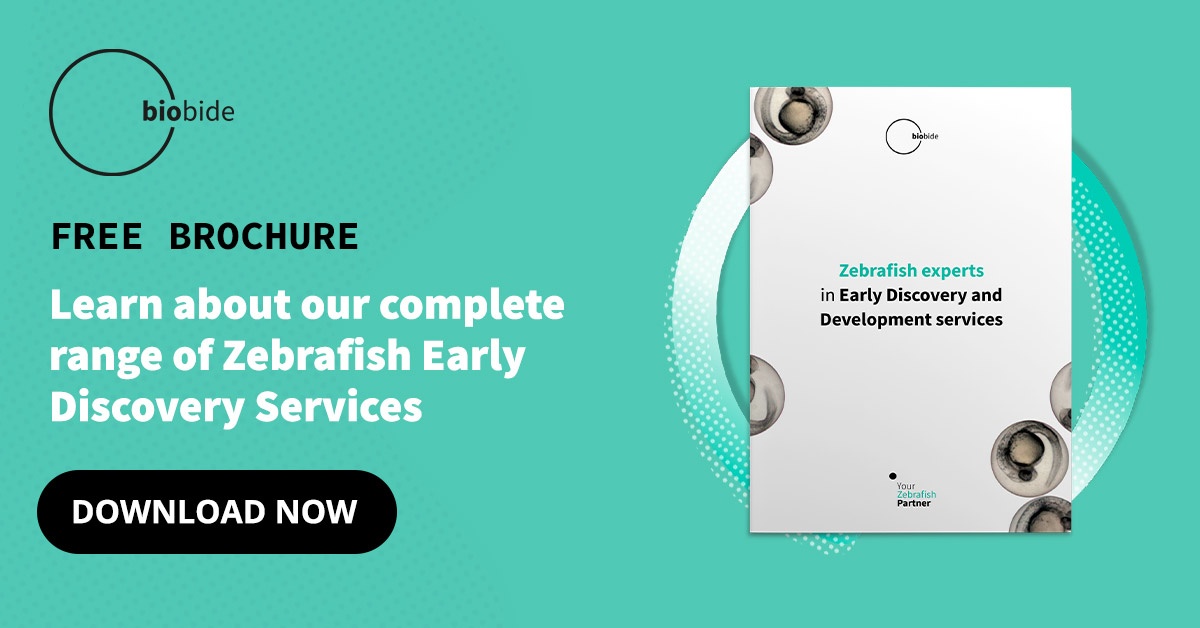Contract Research Organizations (CRO) can span the entire pharma pipeline from drug discovery to clinical trials and beyond. However, a Clinical Research Organization (also called CRO) mostly manages clinical trials.
The purpose of a preclinical CRO is to evaluate and test a drug at the drug discovery stage. This is when the concept of a drug moves to the next stage – biological testing.
The CRO acts as a third party in the procedures and manages and coordinates many aspects of research and clinical trials, according to the needs of the manufacturer.
Pharmaceutical, biotech and medical device organizations work with CROs to use the benefit of their knowledge and expertise in the testing of new drugs before submission to the regulatory authorities.

What is a Preclinical CRO?
Clinical study management is a complicated process that involves many parties, from manufacturers to sponsors and legal departments. A preclinical CRO has specialist knowledge of the requirements of these various parties and is an essential part of the drug development process. It is an independent organization that is hired by a drug development company to autonomously manage the preclinical process. This can range from selecting the correct animal or alternative models to carrying out toxicity assays and tests.
The objective of a pharmaceutical organization using a preclinical CRO is to achieve fast and effective delivery to market. Many organizations do not have the skill and resources to take a drug through the preclinical study. This is a costly process that involves research into suitable compounds and adequate testing to adhere to the required regulations.
Medical research is a competitive field with pressure to discover and develop cures and treatments for human disease rapidly. It can take approximately 10 years to bring a new drug to market from the initial stages, and CROs can assist in and speed up this process.
The main services preclinical CROs offer include:
- Project management
- Data collection
- Medical testing
- Toxicology
- Maximum dosage studies
- Regulation compliance
- Safety and efficacy reporting
- Quality analysis
- Species expertise
Some CROs specialise in particular fields (for example, medical devices or particular drug fields) whilst others are more general. The choice of CRO depends on many factors, including location. If a product is only intended to be marketed in Europe for example, a specialist European CRO is necessary for their local expertise.
Most CROs use in vivo (animal model) testing which is addressed by the 3Rs (Reduce, Refine, Replace) framework that aims to reduce animal testing within the drug development industry. This requires the use of alternative models to study the effect of new drugs on human disease.
Biobide: Zebrafish Preclinical CRO
As an alternative model to animal testing, the Zebrafish is a popular choice as it acts as a bridge between in vivo and in vitro testing.
The Zebrafish is a cost-effective, easy to breed and maintain model that is similar to the human genome. Its transparency and ability to regenerate its organs make it a suitable model for preclinical studies.
As a specialist CRO in the use of Zebrafish for medical, chemical and cosmetic research, Biobide specializes in the following areas:
- Target validation
- Disease model generation
- General toxicity assays
- Specific toxicity assays
- Efficacy assays
- Ecotox assays
All tests can be tailor-made to suit the needs of the project and a qualified team of experts must ensure the relevant regulatory requirements have been met.
What are the benefits of using a preclinical CRO?
Using a preclinical CRO can save time and money. Outsourcing means savings on laboratories, equipment and staff costs. If an organization does not have the resources to carry out testing according to the regulations, a project is destined to fail before it begins.
Preclinical studies are complex and require an understanding of how the process can be successful to achieve the desired results. A reputable preclinical CRO has this knowledge and manages and oversees the project. The benefits of using a CRO include:
- Offering a detailed, technical understanding of the preclinical process.
- Being specialists in the field
- Cost savings
- Time reduction in total development plan
- Reduces workload of staff in development organization
- Animal welfare compliance
- Alternative model selection
- Availability of previous data information (e.g. benefits repositioning which accelerates the drug development process)
- Awareness of regulation compliance
Medical products have to meet extremely strict guidelines before they can be approved. Therefore working with a CRO that understands the regulations and standards in place can avoid the frustration and expense of a product failing.





